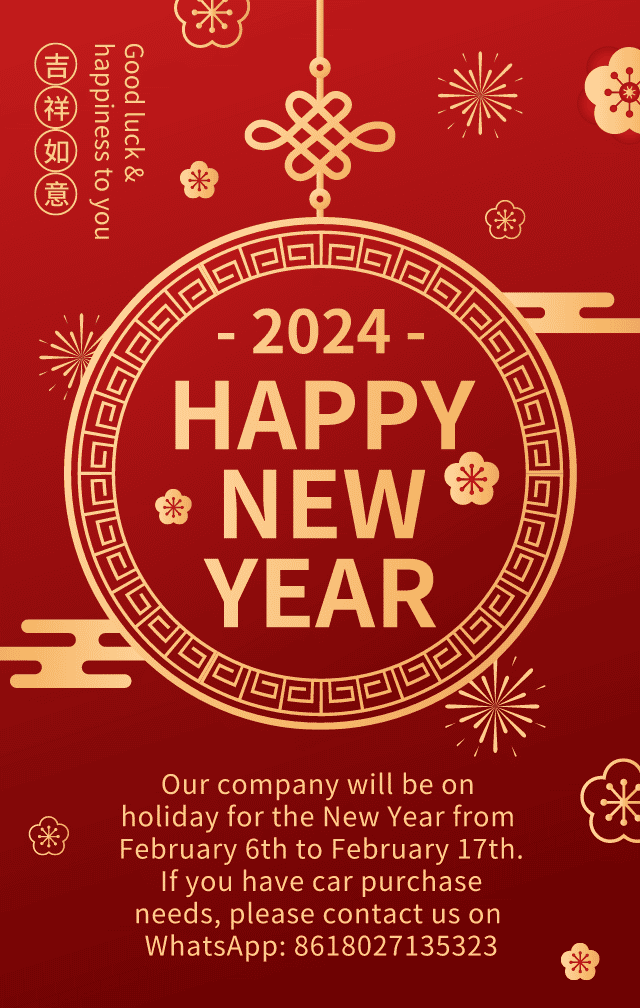สร้างความพึงพอใจให้กับลูกค้า: จัดการกับความท้าทายด้านบริการหลังการขายสําหรับรถยนต์พลังงานใหม่ที่นําเข้าจากประเทศจีน
แนะ นำ:
As the global demand for รถยนต์พลังงานใหม่ (NEVs) continues to rise, China has emerged as a key player in the electric vehicle market, exporting a significant number of NEVs to countries around the world. While the popularity of Chinese imported NEVs is growing, it is crucial for manufacturers and dealers to address after-sales service challenges to ensure customer satisfaction. This article will focus on four major aspects: auto parts problems, car charging problems, language issues with car intelligent systems, and safety concerns surrounding car batteries.

(ภาพ: China Enery Vehicle After-sales)
Auto Parts Problems:
One of the common challenges with after-sales service for Chinese imported NEVs revolves around sourcing auto parts. In some cases, customers may face difficulty in finding compatible replacement parts for their vehicles. To overcome this issue, manufacturers and dealers must establish a robust supply chain for auto parts, ensuring a steady availability of components. Collaborating with local suppliers and establishing warehouses for critical parts can help expedite the repair process, reducing downtime for customers.
Car Charging Problems:
The transition to electric vehicles brings with it the challenge of establishing a reliable charging infrastructure. Some imported NEV owners may encounter issues related to charging stations, compatibility, or even accessing charging points in their localities. It is essential for manufacturers to educate customers about various charging options and work closely with governments and private enterprises to expand the charging network. นอกจากนี้, offering comprehensive charging solutions, including home charging stations, can significantly enhance the overall customer experience.
Language Problems of Car Intelligent Systems:
Chinese imported NEVs often come with advanced intelligent systems that cater to local language preferences. อย่างไรก็ตาม, language barriers can become a concern for international customers who may not be proficient in Chinese. To address this issue, manufacturers should provide multi-language support for their car intelligent systems. This can be achieved through software updates and customizable language settings, allowing users to interact with the vehicle’s features seamlessly.
Safety Problems of Car Batteries:
Safety concerns surrounding NEV batteries have been a topic of discussion in the automotive industry. While Chinese imported NEVs undergo rigorous safety testing before export, addressing safety-related after-sales concerns is vital. Manufacturers and dealers should offer detailed information about battery maintenance and safety precautions to customers. นอกจากนี้, conducting regular battery health checks and providing battery-related service centers can instill confidence in customers regarding the safety and performance of their NEVs.
บทสรุป
As the global adoption of new energy vehicles continues to gain momentum, addressing after-sales service challenges for Chinese imported NEVs is of paramount importance. Manufacturers and dealers must proactively establish robust supply chains for auto parts, work towards expanding the charging infrastructure, provide multi-language support for intelligent systems, and prioritize battery safety to ensure a positive and satisfying ownership experience for customers. By focusing on these key aspects, the industry can build trust and loyalty among NEV owners, ultimately driving the widespread adoption of clean and sustainable transportation solutions.

 รถยนต์ในประเทศจีน
รถยนต์ในประเทศจีน